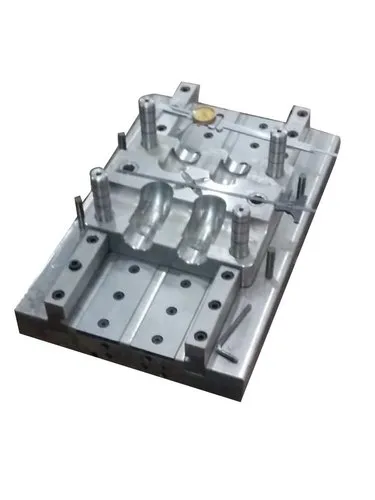In the fast-paced and precision-driven world of automotive manufacturing, the demand for high-performance tooling is greater than ever. As vehicles become more advanced—with increasing use of lightweight materials, tighter tolerances, and complex geometries—automotive tooling must evolve to meet these challenges with speed, accuracy, and durability.
What is High-Performance Automotive Tooling?
High-performance automotive tooling refers to the specialized tools, dies, molds, jigs, and fixtures used in the production and assembly of automotive parts. These tools are engineered for maximum durability, precision, and efficiency, often under high-volume or high-speed production environments. They are critical to processes such as stamping, injection molding, die casting, machining, and assembly.
Key Features
Precision Engineering
Tolerances in modern automotive components can be as small as a few microns. High-performance tooling ensures repeatable accuracy, critical for safety and fitment.Material Durability
These tools are typically made from advanced materials such as high-speed steel (HSS), carbide, or tool-grade alloys, often coated for extra wear resistance (e.g., PVD coatings).Thermal and Mechanical Resistance
Tools must withstand high temperatures and pressures during metal forming, injection molding, or die casting operations.Adaptability to Modern Materials
Automotive tooling must handle an array of materials such as aluminum, high-strength steel, carbon fiber composites, and thermoplastics, which behave differently during processing.
Applications
Stamping Dies for body panels and structural components
Injection Molds for plastic parts like dashboards, bumpers, and interior trim
Cutting Tools for CNC machining of engine components and drivetrains
Jigs and Fixtures for accurate welding, assembly, and quality assurance
Die Casting Molds for transmission housings and engine blocks
Benefits
Increased Productivity: Precision tooling reduces errors, minimizes downtime, and supports high-speed production lines.
Lower Operational Costs: Longer tool life and reduced maintenance needs lead to better ROI.
Enhanced Product Quality: Ensures consistent component quality and tight tolerances.
Support for Innovation: Facilitates the adoption of new designs, materials, and technologies in vehicle manufacturing.
Trends in Automotive Tooling
Automation Integration: Smart tooling with embedded sensors for real-time monitoring and predictive maintenance.
Additive Manufacturing: Use of 3D printing for rapid prototyping and even tooling inserts.
Sustainable Manufacturing: Eco-friendly coatings and material choices to support greener production practices.
Digital Twins and Simulation: Virtual testing of tool performance before physical production begins.


